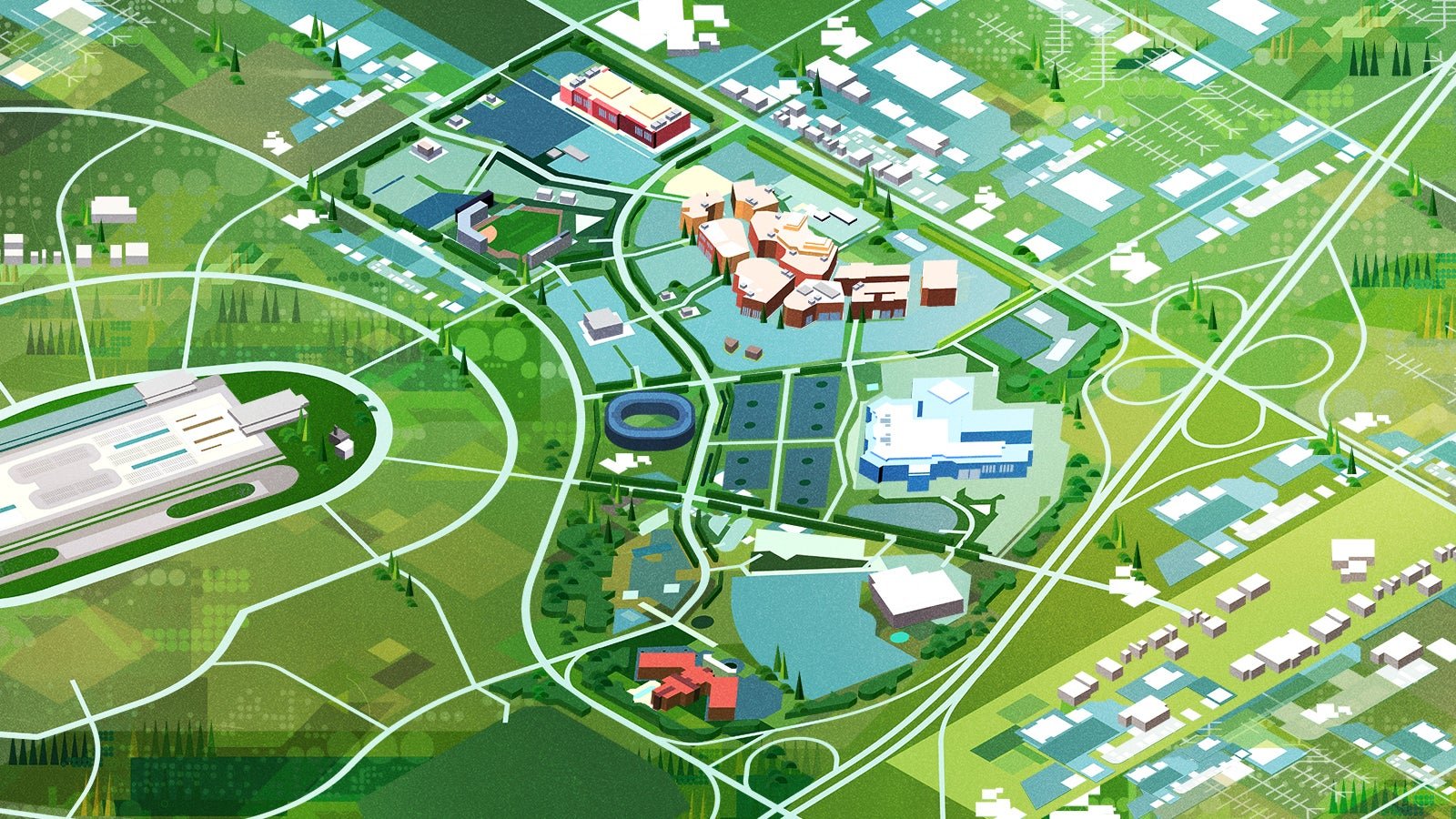How one Kansas community is turning its economy around
A decade and a half ago, local leaders in Kansas City, Kansas, were facing an uphill climb. KCK, as the locals call it, lies just across the river from Kansas City, Missouri, which dwarfs KCK in population and hosts the lion’s share of the major institutions in the area—the pro football and baseball teams, the most famous jazz clubs and barbecue joints.


A decade and a half ago, local leaders in Kansas City, Kansas, were facing an uphill climb. KCK, as the locals call it, lies just across the river from Kansas City, Missouri, which dwarfs KCK in population and hosts the lion’s share of the major institutions in the area—the pro football and baseball teams, the most famous jazz clubs and barbecue joints.
Kansas City, Kansas, was the overshadowed little brother. Its population had been in steady decline since the 1970s as manufacturing petered out and its reputation was suffering. “We were kind of that place where no one wanted to go,” says former KCK mayor Carol Marinovich.
Civic leaders had an ambitious vision to spur growth by building some anchor institutions that KCK could call its own, but they didn’t have the tax revenue to bring new projects to fruition. They found the help they needed from Citi, the global bank.
Citi saw the potential that locals saw, and together they worked out an imaginative plan. Using innovative bonds, Citi helped finance Village West, a 1,500-acre entertainment and shopping development in the western part of KCK. It was a bold idea and it required a leap of faith from both the city and the bank. They were counting on people to come from many miles around to a place that until then had been mostly wide-open farmland.
It’s a vision that’s been realized, helping KCK step out of its neighbor’s shadow and stake a claim to its own vibrant identity.
The bank’s expertise in building community institutions—institutions like sports projects—came in handy. The vast development includes the Kansas Speedway, a minor league baseball stadium, and Children’s Mercy Park, a state-of-the-art home venue for the wildly popular pro soccer franchise Sporting KC.
Sporting KC used to play 21 miles east of Village West on the Missouri side of the border, at a huge football stadium where empty seats outnumbered filled ones. Now it’s all sell-out crowds, all the time. KCK’s status as a leading soccer capital will be solidified with the opening of the National Training and Coaching Development Center, under construction just down the road.
All these sports destinations stand amid acres of retail. At Legends Outlets, an outdoor shopping center with more than 100 stores, Marinovich insisted on pushing the budget to include attractive landscaping—the kind of thoughtful touch that helps attract more than 10 million visitors a year, turning Village West into the foremost tourist destination in the state of Kansas.
No one claims that Kansas City, Kansas, is now free of urban troubles. The considerable revenue from Village West, however, is replenishing the county’s tax reserves, and that money is being put to use everywhere, even giving a boost to those downtown residents who have yet to make the trip to Village West.
KCK no longer has to look across the state line with envy. There’s plenty going on in Kansas.
This article was produced on behalf of Citi by Quartz creative services and not by the Quartz editorial staff.